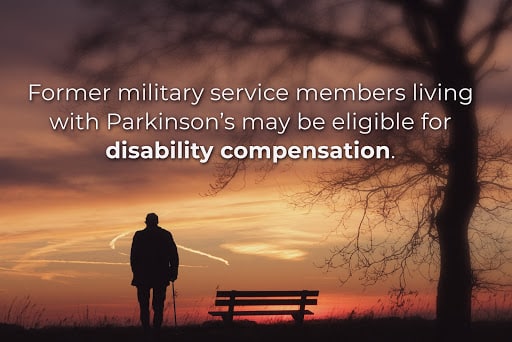The Harry W. Colmery Veterans Educational Assistance Act, also known as the Forever GI Bill, was introduced to improve educational benefits for service members, veterans, and their families. Passed unanimously in 2017, this law builds upon the previous GI Bill, addressing issues and expanding opportunities to better meet the needs of today’s veterans.
Here’s what you need to know about the Forever GI Bill and its benefits.
GI Bill Updates for 2024-2025 School Year
The Department of Veterans Affairs (VA) can pay up to the following amounts for tuition and fees for the 2024-2025 academic year:
- Public institutions: The actual net cost, up to the in-state amount
- Private and foreign institutions: Up to $28,937.09
- Non-degree-granting institutions: Up to $28,937.09
- Vocational flight schools: Up to $16,535.46
- Correspondence schools: Up to $14,055.13
- Test fees and prep courses: The VA will pay up to $2,000 for qualifying licensing and certification test fees. For prep courses, the VA will charge your entitlement at a rate of 1 month for every $2,348.36 in fees paid.
- Housing allowance: For online classes, the VA will pay a housing allowance based on 50% of the national average.
Please bookmark our page for updates on the 2025-2026 school year information.
Key Changes and Benefits of the Forever GI Bill
1. No Expiration on Benefits
Under the Post-9/11 GI Bill, beneficiaries had to use their education benefits within 15 years of active service. The Forever GI Bill removes this limitation for veterans who left active service on or after January 1, 2013, allowing them to use their benefits at any time.
Spouses using the Fry Scholarship also qualify for this change, which supports the families of service members who died in the line of duty.
2. Expanded Benefits for Purple Heart Recipients
Purple Heart recipients are now eligible for 100% Post-9/11 GI Bill benefits, including full tuition coverage for up to 36 months at in-state public universities, monthly housing stipends, and textbook allowances.
This ensures that all Purple Heart honorees, regardless of disability rating, receive the recognition and support they deserve.
3. Support for STEM Degrees
The law provides additional funding for veterans pursuing STEM (science, technology, engineering, and math) degrees, which often take longer to complete. Veterans and eligible family members can apply for up to $30,000 in scholarships, on a first-come, first-served basis.
4. Yellow Ribbon Program Expansion
The Yellow Ribbon Program helps cover costs not included in the GI Bill. Previously available only to veterans receiving 100% benefits, it now extends to those with partial eligibility, as well as surviving spouses and children of service members. Starting in 2022, active-duty service members also became eligible.
5. Increased Coverage for Shorter Service
Service members with 90 days to 6 months of active duty now qualify for 50% of the GI Bill (up from 40%). Those with 6-18 months of service qualify for 60%.
This change particularly benefits reservists, who may have shorter service periods.
6. Protections for School Closures
If a school closes during a veteran’s program, the Forever GI Bill allows them to restore lost benefits. This includes a semester of reimbursement and up to four months of housing stipends. These provisions apply retroactively to closures since January 2015.
7. Expanded Eligibility for National Guard and Reservists
National Guard and reservists can now count certain recovery or medical treatment days toward eligibility. Veterans who participated in the Reserve Educational Assistance Program (ended in 2015) can also credit their time toward GI Bill eligibility.
8. Changes to Basic Allowance for Housing (BAH)
BAH stipends have been adjusted to align more closely with those for active-duty service members at the E-5 with dependents rate. Veterans’ housing stipends are now based on the location of their classes, not the school’s main campus.
9. Transfer of Benefits After Death
The law allows surviving family members to transfer unused education benefits to another dependent if the original recipient passes away. This change applies retroactively to deaths occurring since 2009.
10. Adjustments for Survivors’ Education Benefits
Dependents in the Survivors’ and Dependents’ Educational Assistance Program receive $200 more in monthly stipends. However, the total benefit period has been reduced from 45 months to 36 months.
11. More Rigorous School Certification
Schools enrolling more than 20 veterans must undergo additional training to ensure compliance with the new regulations, promoting better support for student veterans.
The Forever GI Bill reflects a commitment to adapt and improve benefits for veterans and their families. By expanding eligibility, increasing financial support, and addressing challenges like school closures, the law helps service members achieve their educational goals. Please bookmark this page or sign up for our newsletter below to get updates on new information about the GI Bill in the future.
Want more insights into VA benefits and programs? Stay informed by signing up for the VETS Advantage newsletter → Subscribe Here.




